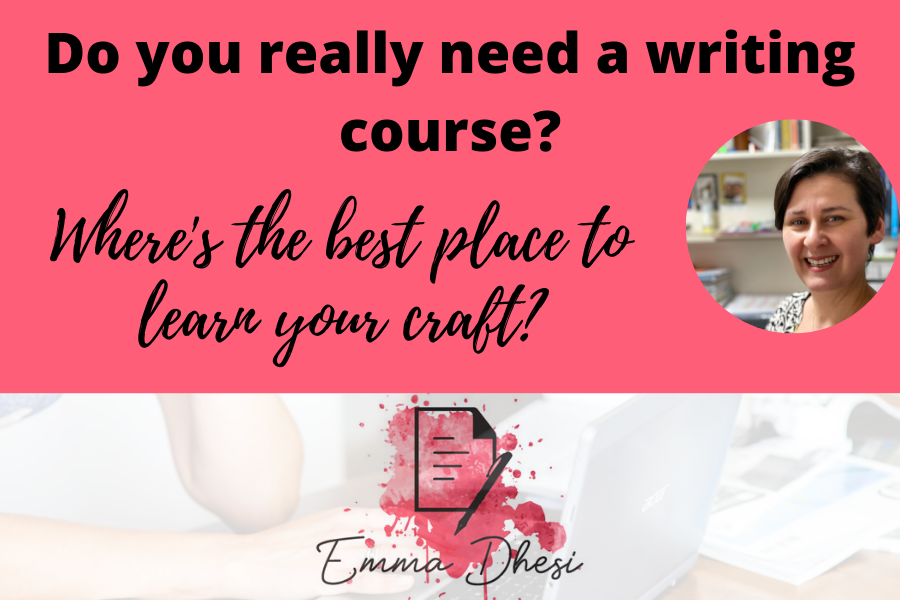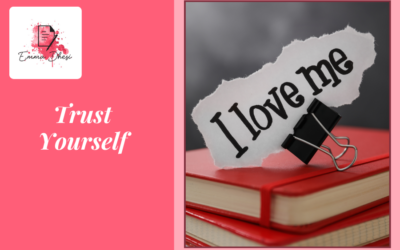Do you really need a writing course?
Do you really need to take a writing course?
It is said that many people learn to write without taking a writing class and while that technically is true, there are few writers who have finished their first draft without getting some guidance.
This need not be an MA/MFA, it can be an evening class at your local college or a weekend workshop. But undoubtedly most writers have taken some kind of training. The reasons are multiple.
Craft aside, one reason to take a writing course of some description, is for the connections you will make. If you are new to writing there’s a good chance you do not know any other writers and probably feel alone in your creative endeavours.
A writing course provides a network.
Network
Network can be a dirty word these days, but it really is just another way of saying community.
By taking part in a writing course, whether it be online or in person, you find your writing community. This is the community that will keep you motivated when you feel you can’t go on, that will remind you why you are writing and why you love it so much.
They are the people who will laugh with you when you tell them what friends and family have said about your writing endeavours. They will be the ones to read your work in progress and remind you, when you need it most, that you are a talented writer and you must to keep going.
I’ve taken many courses over the years, investing not only in my craft but in my network. My writing teacher in Hong Kong is someone I still stay in touch with, albeit sporadically. I still turn to people in my Edinburgh course and the retreats I’ve attended when I need inspiration and to feel less alone.
There is a feeling of excitement that comes with knowing you are part of something wider. That it’s not just you at the kitchen table feeling lost and uncertain.
Sometimes you will feel demotivated and if left to your own devices, you may give up. But if you’re part of a group, you take on that group mentality and you want to do your best by that group and then, ultimately, by yourself. Your teacher and classmates will give you the impetus to keep going.

From time to time, I link to products or services I love using with affiliate links. This means that I may receive a small percentage or fee for referring you to any product you may purchase from one of those sites. It does not cost you anything. These small fees help sustain my small business. I truly appreciate your support.
Why else might you take a writing class?
It’s not a professional qualification. There is no exam or certificate that will prove you are a “good writer”. But a course will give you focus. It will give you deadlines and objectives to work towards.
You have a leader, a guide, a teacher, who is giving you structure, direction and cheerleading as you work towards your goal.
You’ll get feedback from your teacher, and this will be incredibly helpful. They will give you the courage of your convictions, they’ll aid you in constructive ways, not telling you just what’s wrong, but also of what you’re getting right.
And that is part of the battle. You need to know you’re getting stuff right, not just what you need to improve. A good teacher will do that.
Where else can you learn about writing?
If you don’t want to take a course you can always head to craft books. There are a plethora of craft books out there, I should know I’ve read many of them!
These are great resources if you want to understand novel writing at a higher level. You’ll find books on grammar, sentence structure, novel structure, character development or how to write dialogue.
There are guides out there on how to self edit and then how to publish it should you wish to be an indie author. These resources are fabulous, but the one thing they cannot give you is feedback or encouragement.
You cannot talk to the author of the book about specific stumbling blocks you have. You cannot go back to them and ask them to clarify something they’ve mentioned. So whilst these books are beneficial and I thoroughly recommend you read them as part of your ongoing learning, they in themselves will not give you what you need.
What about YouTube videos?
When I did a simple search of ‘how to write a novel for beginners’ thousands of videos popped up, including one by Margaret Atwood!
They all promise step-by-step guides, top tips and essential steps. Some throw in the words bestselling author so you can feel sure you’re getting advice from the best in the business.
Again, I recommend you watch these as part of your general research into the craft of writing and publishing. But they are not what will help you actually write your book. They cannot give you a deadline to work towards, they cannot give you feedback on your work to keep you motivated.
Like the books, these are the tools and resources you dip in and out of on a weekly basis to keep you learning in the background while you are writing at the same time.
Over the years I have used all of these tools to learn my craft. And because the learning is never done, I will use them again. One of the wonderful things about being a writer is that you are always learning and always improving.
That said, for me the best and most inspiring resource is to take a course because it involves other people and not just me. I love having a teacher or a guide there to answer any queries I have, to give me examples if I need them and who can share their own writing experiences from which I learn.
Writing retreat
I’ve even been on writing retreats, some with a classroom element and some with just a tutorial element. They are both beneficial.
Retreats with a classroom element have opened my eyes to new exercises I can do when I go home. They have exposed me to how other people write and create storylines. They’ve let me in on how other people view the craft of writing, which in turn has changed how I view my writing life.
The retreats that offer no teaching but one-to-one tutorials with experienced writers are also rewarding. It is a rare opportunity to talk with someone in detail about your work and where your going with the story. They are coming to your work just as a ‘real’ reader would!
Ultimately, what I am saying is that you can do as much reading as you want and watch as many YouTube videos as you can, but it is the camaraderie and the personal interaction with fellow students and teachers that really help bring on your writing craft and skill.
Conclusion
So now you know why it is important to take part in some kind of writing course whether it be a free one down at your local library or, the other extreme, a very expensive MA/MFA programme.
Not only will you find your tribe, but you’ll take your biggest leaps yet in craft and confidence.
Have a look on Google, I’ll bet you can find a course or a class near you and which fits your budget.
If this article was useful, you’ll love:
If you are trying to write your novel, but lack the confidence or self-belief to see it through to the end, then join me in Unlock Your Creative Block.
It's the only programme that gets to the heart of why you can't finish your book, even though it's what you want to do more than anything else in the world.

Emma Dhesi writes women’s fiction. She began writing seriously while a stay at home mum with 3 pre-school children.
By changing her mindset, being consistent and developing confidence, Emma has gone from having a collection of handwritten notes to a fully written, edited and published novel.
Having experienced first-hand how writing changes lives, Emma now helps beginner writers find the time and confidence to write their first novel.




0 Comments